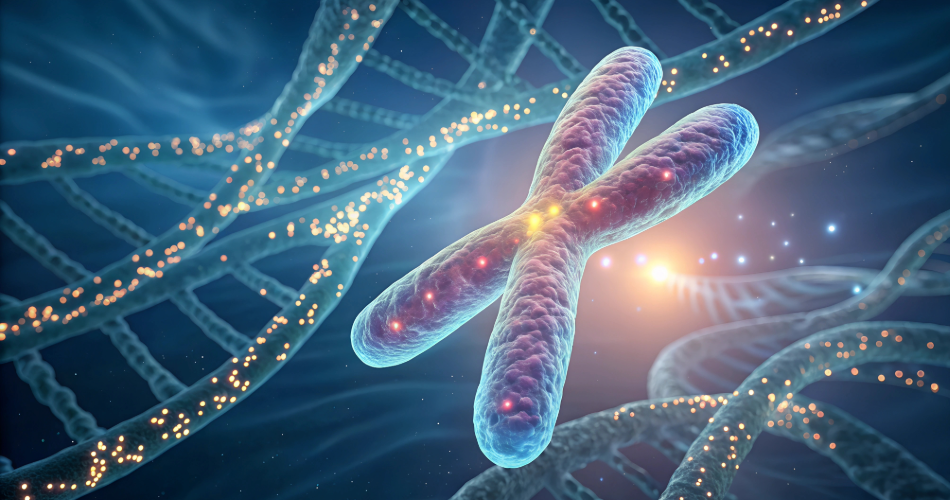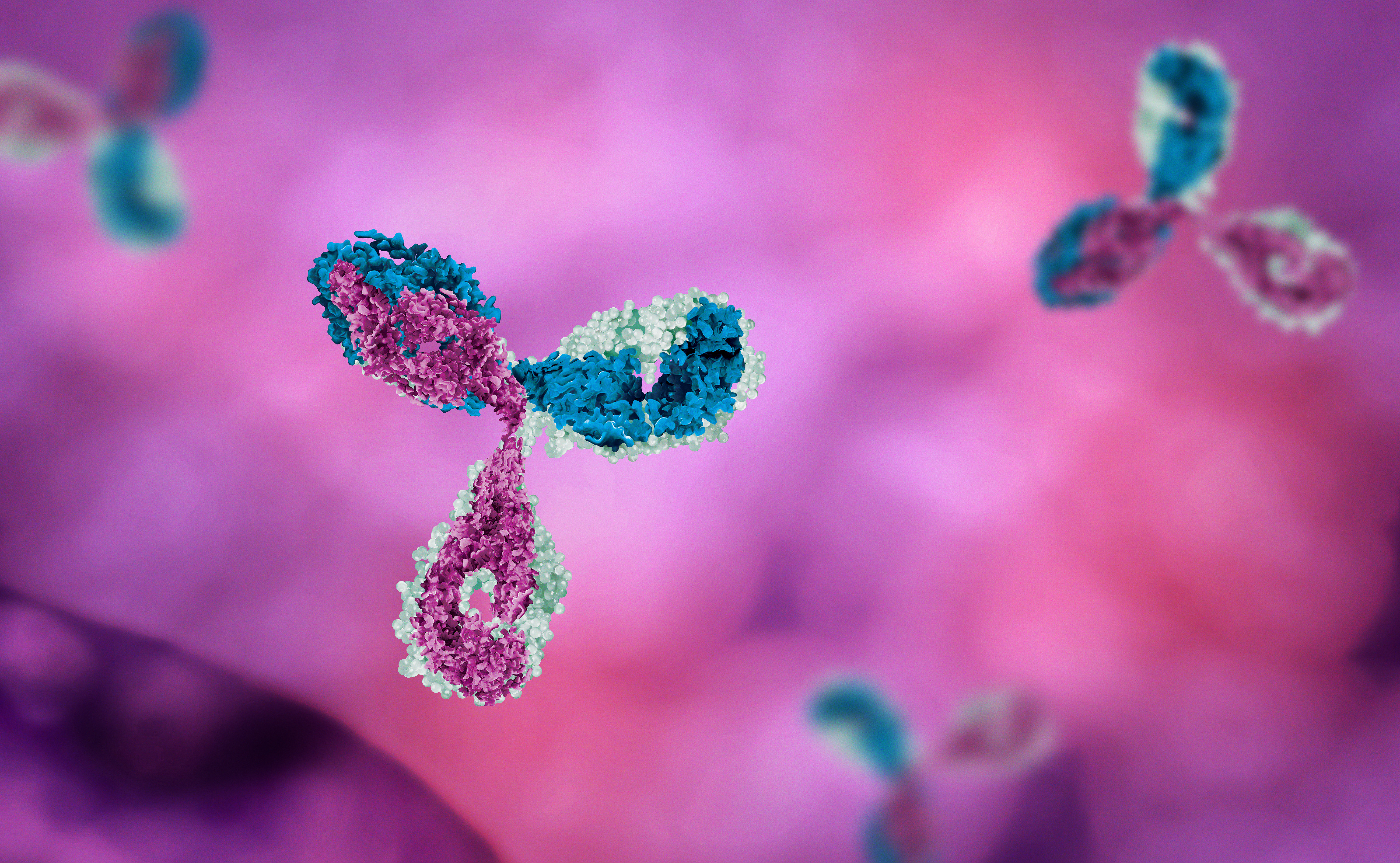
A new wave of cell therapy is hitting the clinics for treating various autoimmune diseases, by harnessing the immunosuppressive power of regulatory T cells (Tregs).
We are all familiar with the success of CAR T cell therapy in cancer treatment, the delivery of T effector (Teff) cells modified with a Chimeric Antigen Receptor (CAR) that target and kill tumour cells. In recent years researchers have begun thinking laterally about other immune cell subsets and how we can harness their power to treat disease. Emerging evidence is shining the spotlight on engineered Treg cells, showing their potential for treating autoimmune diseases and more.
This idea is not new. Expanded polyclonal and antigen-specific endogenous Treg cell populations have been tested in the treatment of autoimmune diseases since the early 2000s, however results have been unremarkable, with difficulties experienced along the way.
Enter the CAR Treg cell, a cellular approach gaining momentum due to its potential for potent and highly specific immunosuppression.
Effectors vs regulators
Teff cells are well known to play a direct role in identifying and eliminating foreign threats in the body, including viruses, bacteria, and cancer cells. In comparison Treg cells have a very different role, functioning to prevent the immune system from attacking the body’s own cells, by expressing inhibitory cytokines and checkpoint molecules such as IL-10, TGFβ, and CTLA-41.
In CAR T cell therapy for cancer, Teff cells are engineered to express a CAR that specifically targets them to cancer cells, which they kill through direct contact when the CAR binds its cognate antigen. In comparison, a CAR Treg cell binding its cognate antigen will exert an immunosuppressive effect on numerous cells within its local tissue microenvironment, a phenomenon known as the bystander effect.
Autoimmune diseases are characterised by autoreactive Teff cells recognising self-antigens and killing healthy normal cells of a particular tissue type. By targeting Treg cells to the same tissues, the hope is that their immunosuppressive function will counterbalance this activity, re-establishing immune tolerance to these self-antigens.
In the clinic
A perfect application of CAR Treg cell therapy is the treatment and prevention of transplant rejection, as the Treg cells can be targeted to antigens that are not expressed by the recipient, providing excellent specificity.
Indeed, Sangamo Therapeutics has brought the first CAR Treg cell therapy to the clinic using this approach. Their candidate cell product TX200 functions by targeting the HLA-A2 molecule on a donated kidney, in hopes of reducing rejection when transplanted into a recipient with a different HLA subtype. Although it’s early days, TX200 has recently been granted orphan medicinal product designation by the European Commission.
Beyond transplant rejection
Engineered Treg cell therapies have shown promise for the treatment of many autoimmune diseases, such as Type I Diabetes, inflammatory bowel disease, and even multiple sclerosis, amongst others. In addition, CAR Treg cells have also shown promise in treating diseases characterised by chronic inflammation, such as asthma2. These developments are exciting because if the CAR Treg cell responses are durable, then the therapies could have curative potential, meaning that patients no longer require life-long treatment with anti-inflammatory drugs.
It will be interesting to see if CAR Treg cells have the ability to initiate “infectious tolerance” as described for endogenous Treg cell populations3, as this could really improve their curative potential. If the CAR Treg cells are able to transfer their immunosuppressive functions to other T cell populations, then long-term persistence of the CAR Treg cells themselves would not be essential.
Patent perspectives
The patent prospects in this space are excellent; applicants may pursue protection of the CARs themselves, engineered Treg cell populations, the different medical uses of each, and/or new methods for generating and culturing the cells. Applicants will likely benefit from the path paved by the pioneering CAR T cell therapies for cancer, which faced difficulties obtaining regulatory approval in many countries. With legal and regulatory frameworks now in place, CAR Treg cells should experience a much smoother ride to the clinic.
Conclusions
While the field awaits the results from the TX200 trial, a number of other biotech companies are lining up their clinical candidates. These Treg cell therapies will face much the same problems as experienced by conventional CAR T cell therapies, notably the drive towards “off the shelf” (allogeneic) products to ease manufacturing constraints, improving persistence of the cell product in vivo, and reducing toxicity. The other side of the coin is that the lessons we’ve learned from conventional CAR T cell therapy, and the technological advances made in cell and genetic engineering, will help this field progress rapidly. It will be exciting to see this translated into effective therapies for autoimmune diseases and beyond.
References:
- Janssens I and Cools N., Regulating the regulators: Is introduction of an antigen-specific approach in regulatory T cells the next step to treat autoimmunity? Cell Immunol. 2020; 358:104236, DOI: 10.1016/j.cellimm.2020.104236.
- Skuljec J., Chmielewski M., Happle C., Habener A., Busse M., Abken H., Hansen G. Chimeric Antigen Receptor-Redirected Regulatory T Cells Suppress Experimental Allergic Airway Inflammation, a Model of Asthma. Front. Immunol. 2017; 8:1125, DOI: 10.3389/fimmu.2017.01125.
- Gravano D. and Vignali D. The Battle Against Immunopathology: Infectious Tolerance Mediated by Regulatory T Cells. Cell Mol. Life Sci. 2013; 69(12): 1997-2008, DOI: 10.1007/s00018-011-0907-z.
Katie is a trainee patent attorney in our life sciences team. Katie has a degree in Biochemistry from the University of Birmingham, where she won a prize for the highest achieving undergraduate. She completed a PhD in Cell Biology at UCL, where her research focussed on using high spatiotemporal imaging techniques to investigate mechanisms of chromosome instability in cancer. She also has a MSc in Cancer Cell Biology.
Email: katie.dale@mewburn.com
Sign up to our newsletter: Forward - news, insights and features
Our people
Our IP specialists work at all stage of the IP life cycle and provide strategic advice about patent, trade mark and registered designs, as well as any IP-related disputes and legal and commercial requirements.
Our peopleContact Us
We have an easily-accessible office in central London, as well as a number of regional offices throughout the UK and an office in Munich, Germany. We’d love to hear from you, so please get in touch.
Get in touch

